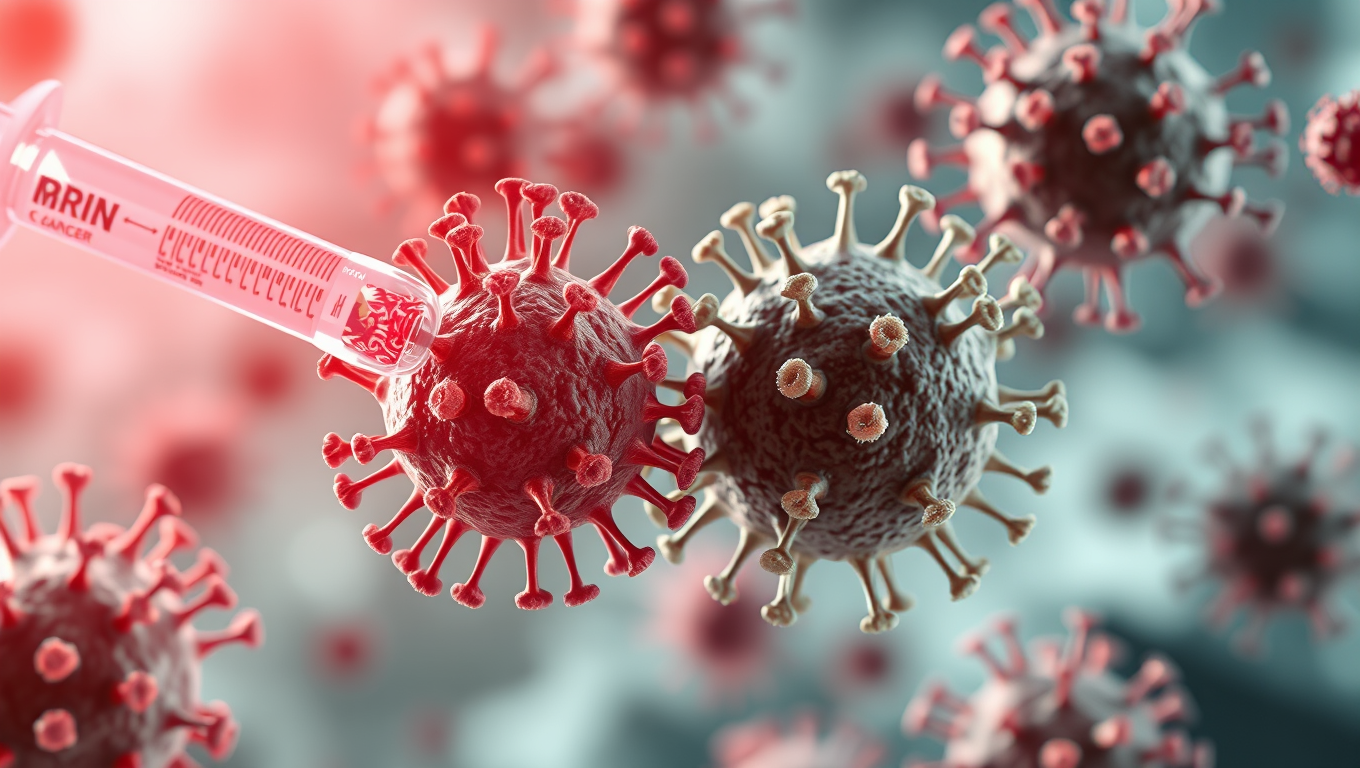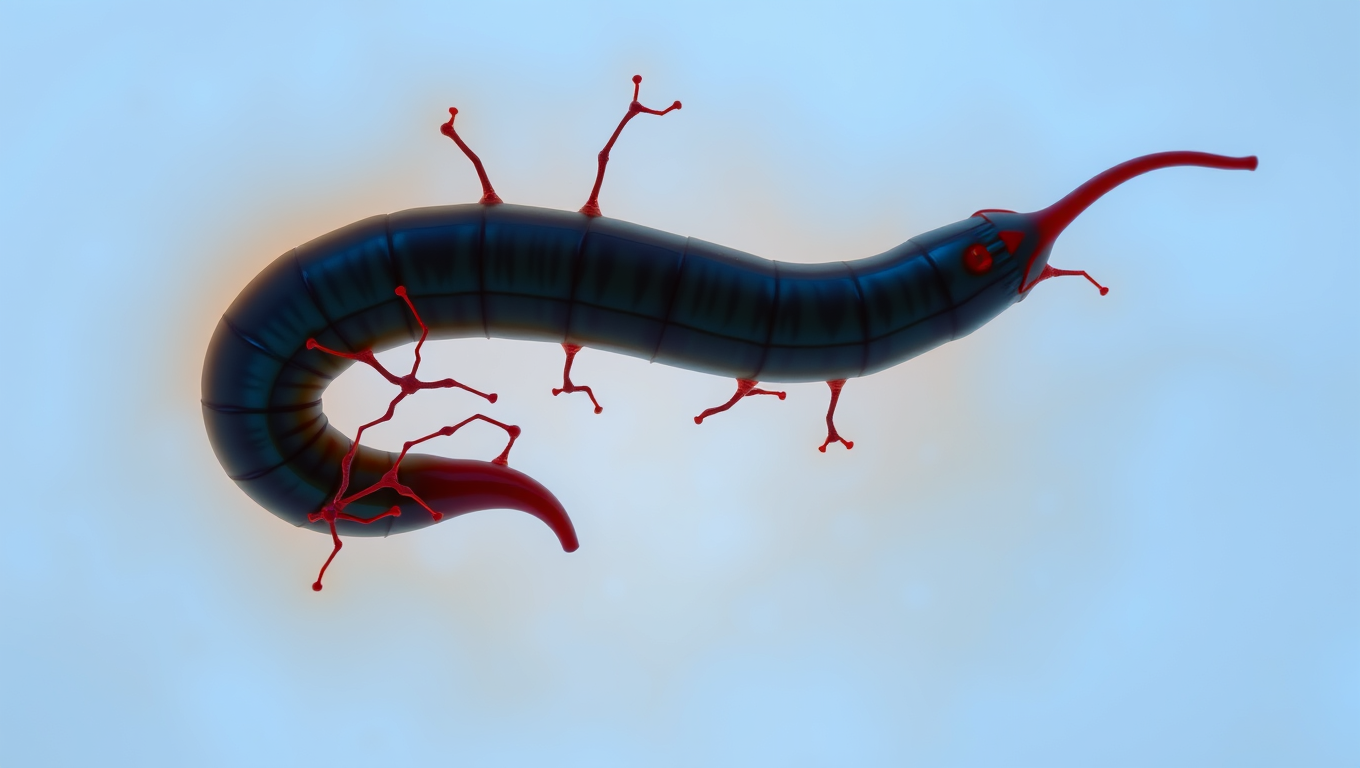While we try to keep things accurate, this content is part of an ongoing experiment and may not always be reliable.
Please double-check important details — we’re not responsible for how the information is used.
Allergy
The Resilient Enemy: Why Asthma Symptoms Persist Despite Powerful Drugs
Biological drugs have been a game-changer for people with severe asthma, helping them breathe easier and live more comfortably. But researchers at Karolinska Institutet have uncovered a surprising twist: while these treatments ease symptoms, they may not fully eliminate the immune cells that drive inflammation. In fact, some of these cells actually increase during treatment, suggesting the medication is managing symptoms without targeting the root cause. This could explain why asthma often returns when the drugs are stopped, raising questions about how long-term these treatments should be and whether we’re truly solving the underlying problem.

Allergy
A Breakthrough Cancer Vaccine Shows Promise in Wiping Out Tumors in Mice
A breakthrough mRNA cancer vaccine has shown the ability to supercharge the effects of immunotherapy in mice, sparking hope for a universal “off-the-shelf” treatment that could fight multiple cancers. Unlike traditional vaccines designed to target specific tumor proteins, this approach simply revs up the immune system as if it were fighting a virus. The results were dramatic—when paired with checkpoint inhibitors, tumors shrank, and in some cases, the vaccine alone wiped them out.
Allergy
“The Silent Invader: How a Parasitic Worm Evades Detection and What it Can Teach Us About Pain Relief”
Scientists have discovered a parasite that can sneak into your skin without you feeling a thing. The worm, Schistosoma mansoni, has evolved a way to switch off the body’s pain and itch signals, letting it invade undetected. By blocking certain nerve pathways, it avoids triggering the immune system’s alarms. This stealth tactic not only helps the worm survive, but could inspire new kinds of pain treatments and even preventative creams to protect people from infection.
Allergy
Flossing for Vaccines: A New Method to Deliver Immunizations
Scientists have discovered that flossing between your teeth could one day help vaccinate you. By targeting a uniquely permeable gum tissue called the junctional epithelium, this new method stimulates immunity right where many infections enter: the mouth, nose, and lungs. Using dental floss on mice to apply a flu vaccine triggered a robust immune response—better than existing oral approaches and comparable to nasal vaccines, but without the risks. It even worked with mRNA and protein-based vaccines.
-

 Detectors10 months ago
Detectors10 months agoA New Horizon for Vision: How Gold Nanoparticles May Restore People’s Sight
-

 Earth & Climate12 months ago
Earth & Climate12 months agoRetiring Abroad Can Be Lonely Business
-

 Cancer11 months ago
Cancer11 months agoRevolutionizing Quantum Communication: Direct Connections Between Multiple Processors
-

 Albert Einstein12 months ago
Albert Einstein12 months agoHarnessing Water Waves: A Breakthrough in Controlling Floating Objects
-

 Chemistry11 months ago
Chemistry11 months ago“Unveiling Hidden Patterns: A New Twist on Interference Phenomena”
-

 Earth & Climate11 months ago
Earth & Climate11 months agoHousehold Electricity Three Times More Expensive Than Upcoming ‘Eco-Friendly’ Aviation E-Fuels, Study Reveals
-

 Diseases and Conditions12 months ago
Diseases and Conditions12 months agoReducing Falls Among Elderly Women with Polypharmacy through Exercise Intervention
-

 Agriculture and Food11 months ago
Agriculture and Food11 months ago“A Sustainable Solution: Researchers Create Hybrid Cheese with 25% Pea Protein”





























